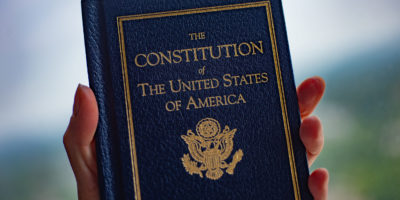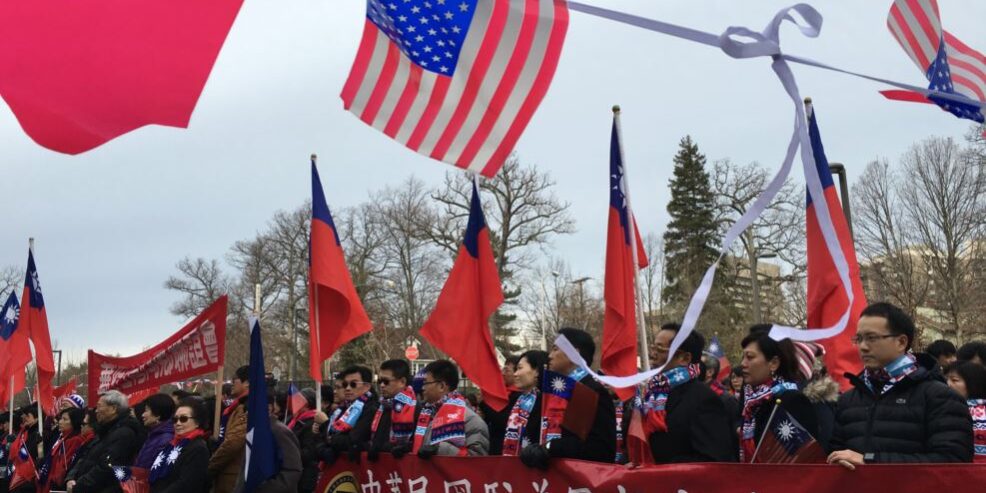By Con Coughlin
China’s extreme military response to Nancy Pelosi’s visit to Taiwan sends an unequivocal message to the US that it can no longer sustain its policy of “strategic ambiguity.”
At a time when the very existence of the democratic island state is under threat from China’s communist rulers, what Taipei badly needs is unconditional declarations of support from its Western allies, not the diplomatic equivalent of sitting on the fence, which essentially sums up the Biden administration’s inadequate response to date.
Although the Chinese military committed numerous violations to Taiwan’s territorial integrity in the days immediately following Pelosi’s visit, the Biden administration shows no sign of abandoning the policy of “strategic ambiguity” that has defined Washington’s approach to the Taiwan issue for decades.
The origins of this policy date back to US President Richard Nixon’s infamous visit to China in 1972, which eventually led Washington officially recognising the communist regime in Beijing. By doing so the US abrogated the mutual defence pact it had signed with Taiwan in 1954.
Even though Congress tried to repair the damage by passing the Taiwan Relations Act in 1979, Washington technically remains under no obligation to come to Taiwan’s defence, despite its having agreed to provide Taiwan with “arms of a defensive character”. That is pretty much how the arrangement has stood ever since, with the US offering vague offers of military support for Taiwan without making any concrete commitments that might upset China’s communist rulers.
The obvious shortcomings of this policy were highlighted in May when President Joe Biden, during a visit to Japan, caused confusion by claiming that the US would use military force to defend Taiwan in the event of a Chinese attack.
Within 24 hours the president’s remarks had been “clarified” by National Security Advisor Jake Sullivan, who insisted that there had been no change from America’s commitment to the “One China” policy, which holds that the People’s Republic of China is the sole legal government of China while acknowledging that Washington maintains unofficial relations with the people of Taiwan, the complicated diplomatic formula first conceived by the Nixon administration.
The extreme nature of China’s military response to the Pelosi visit, though, means that, if the US really is serious about safeguarding Taiwan’s independence, it must ditch its incoherent policy of strategic ambiguity, and instead concentrate its efforts on providing Taipei with the military support it needs to defend itself against future acts of Chinese aggression — and deterrence, deterrence, deterrence. That was the main ingredient missing in the run-up to Russia’s invasion of Ukraine, and precisely what invited Putin’s aggression.
Pelosi may stand accused of grandstanding over her visit to Taiwan, but no one should deny her right to visit Taiwan.
In the free world, people should be able to come and go as they please without fear of intimidation by freedom-hating despots.
Russia’s invasion of Ukraine, moreover, provides a timely illustration of what can happen when the West does not take sufficient action to safeguard the security of its allies.
In February, for example, the US approved a $100 million support package to improve the island’s missile defences, which were designed to improve its Patriot missile defence system. But bureaucratic wrangling in Washington means Taipei has still to receive the support it needs.
This type of administrative prevarication must change if Taiwan is to receive the military support it requires to defy Chinese aggression.
From America’s perspective, one of the advantages of China’s recent demonstration of military strength against Taiwan is that it provides an indication of how Beijing would set about isolating Taiwan if it came to open conflict. It is well-known in Western military circles that China, despite the enormous investment it has made in recent years in its military, simply does not have the ability to launch a military invasion to seize control of the island.
China’s experience, moreover, of the challenges posed by modern-day warfare is extremely limited compared with the US and its allies. The last time China was directly involved in military conflict was the Korean war in the 1950s; its military badly lacks the combat experience to conduct a successful invasion of another country, especially one surrounded by sea.
The fact, therefore, that China’s military intimidation of Taiwan this month essentially consisted of deploying warplanes and warships and firing missiles indicates that, in the event of Beijing launching military action against the island, it would mainly consist of seeking to blockade Taiwan, rather than launching an amphibious landing operation, which would be an enormous undertaking and one that would most likely end in disaster for China.
Consequently, now that Beijing has provided the West with its military template for intimidating Taiwan, this has provided the US and its allies with an indication of the military defences, such as anti-missile, anti-aircraft and anti-warship missiles, to thwart any future Chinese attack.
So if Washington, as the Biden administration keeps insisting, is really serious about defending Taiwan from Chinese aggression, then it should get off the fence and abandon its confused policy of “strategic ambiguity” in favour of one that will deter future acts of Chinese aggression against this freedom-loving island state.
Read the entire article here: Gatestone Institute











